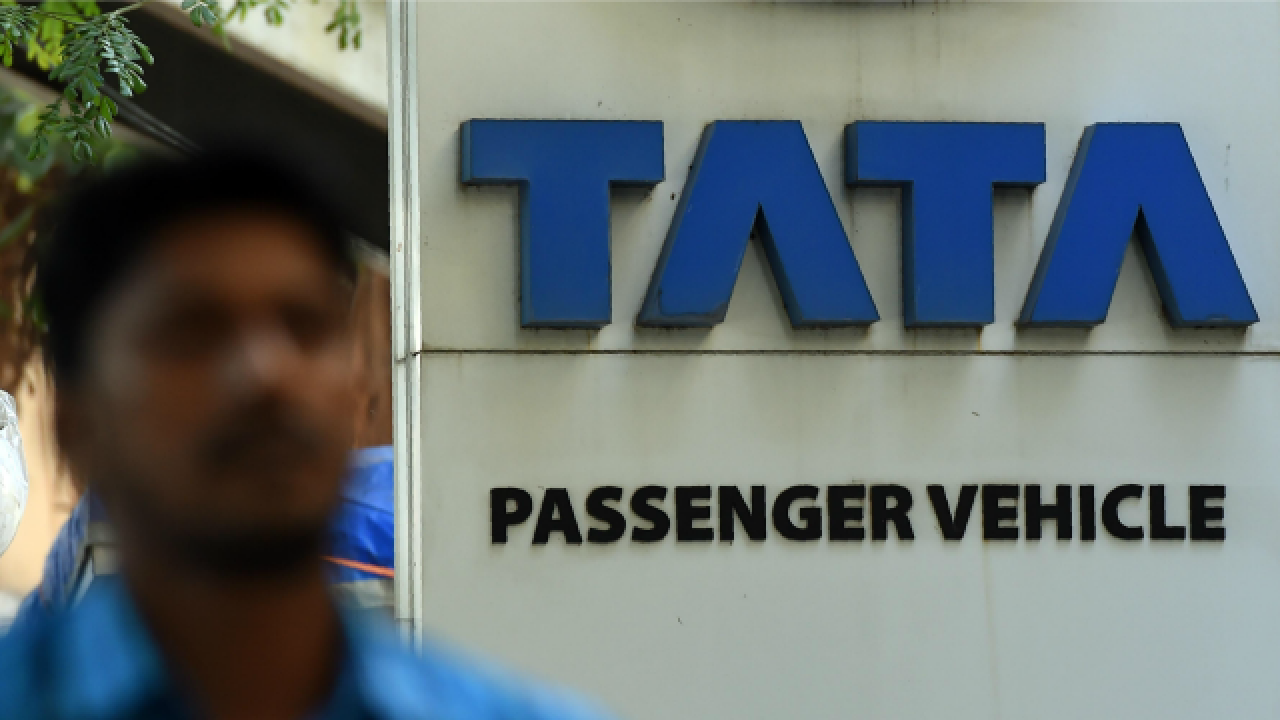
If anyone thought Bombay House, the headquarters of Tata Group in the heart of Mumbai, lay shattered like the proverbial China shop after a bull run, he is wrong. The Cyrus Mistry-Tata rivalry may have promised to enthral corporate watchers and brought tears of joy to many. But it is as transient as the Niira Radia episode. The former Tata publicist, whose tryst with the corrupt political establishment turned corporate folklore, is no longer a matter of concern. The group can easily weather such storms.
In December 2012, just before the Radia era ended unceremoniously, I met Ratan Tata at a senior editors’ gathering at the Taj, where he unveiled a couple of coffee-table books on his then dream project, the Nano. When there was an opportunity to talk to him, standing close to him, I politely asked him: “What’s the next big thing on your mind?” The seemingly formidable but unassuming Tata bowed a little towards me, like an old teacher dealing with his favourite student, and told me what I thought a universal truth. “All I can tell you is that it is a dream — a dream that is yet to be fulfilled.”
This is a man I knew all through my reporting days -- someone who effortlessly steered the eponymous group to the global stage, making it the largest Indian multinational. Someone who at his peak decided to walk into the sunset, handing over the reins of the empire to a young protégé. Radias and Pendses (of Tata Finance infamy) may have helped rivals to suggest that Tatas are no glorified lot. But they failed miserably.
During Ratan Tata’s last one decade at the helm, India Inc had begun to dream big. Indian companies and brands were straddling across global markets as a colossus. Tatas flew like a true behemoth across continents scouting for valuable assets in its global push. Like in every business, Tatas have also faced headwinds in some, leading to debt pileups and losses. But what made it different is how it remained a strong supporter to its thousands of employees across countries, safeguarding cultural values and ethos.
Tata’s statement that 'I have a dream' was as legendary as the American rhetoric delivered from the steps of the Lincoln Memorial in Washington DC. Tata’s dreams are India’s too. One of the largest employers in the world, Tata employs over 6.6 lakh people. You may win over stock investors by sacking employees as part of a business realignment, but are unlikely to enter history’s Hall of Fame.
In fact, the last four years under Mistry may have added to this common refrain that Tatas are no different from the rest. The first goof-up was that he looked only at the bottomlines of group companies. He tried to streamline the group’s sprawling businesses even at the cost of its values. The group, which was built on the foundations of old-economy (such as iron-steel, auto, electricity and infrastructure), saw a slew of uncharitable efforts to axe some of its old businesses, and refocus on the new-economy businesses.
So the mutiny at Bombay House was unavoidable. Tata’s message to counter Mistry’s pointed allegations was loud and clear: we are even ready to sacrifice a chairman to uphold the group’s values and roots.
(The writer is editor, DNA Money. He tweets @AntoJoseph)